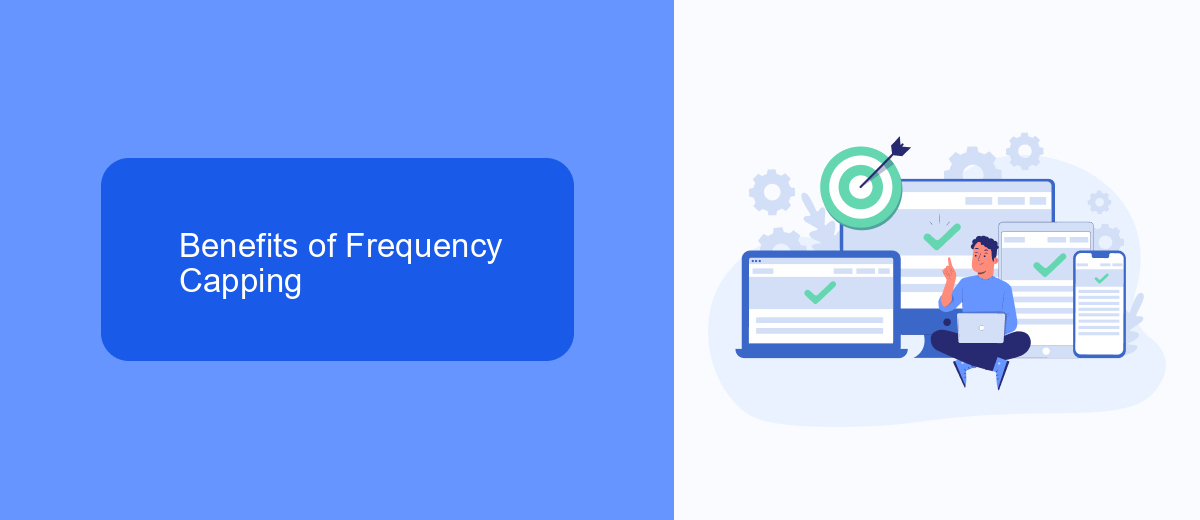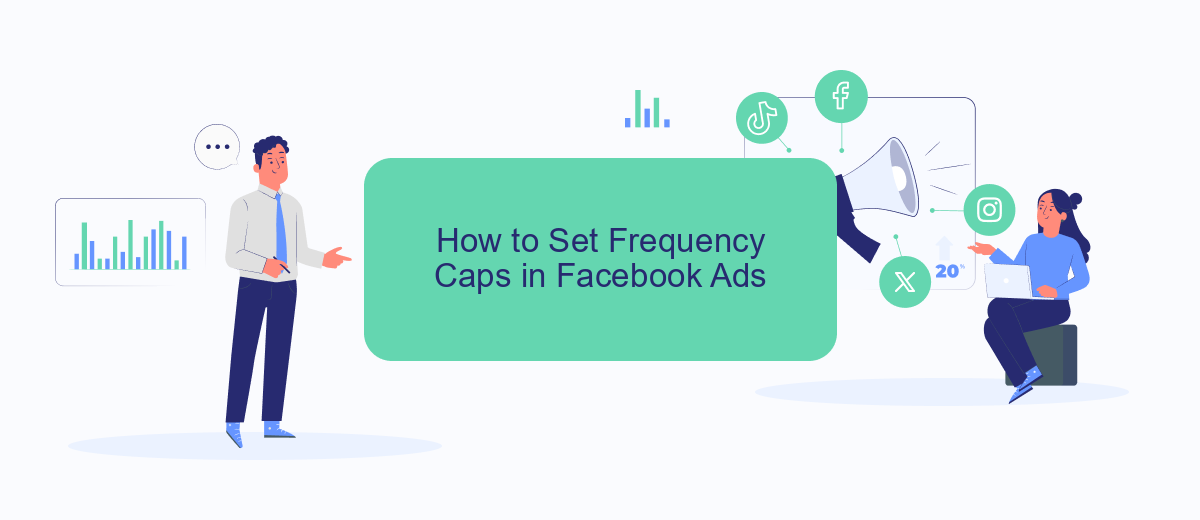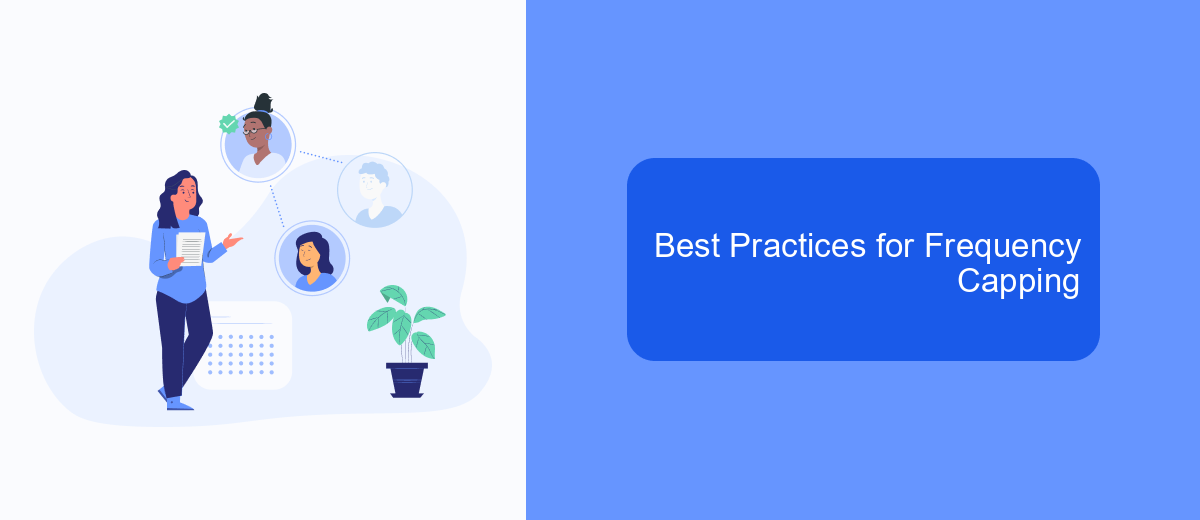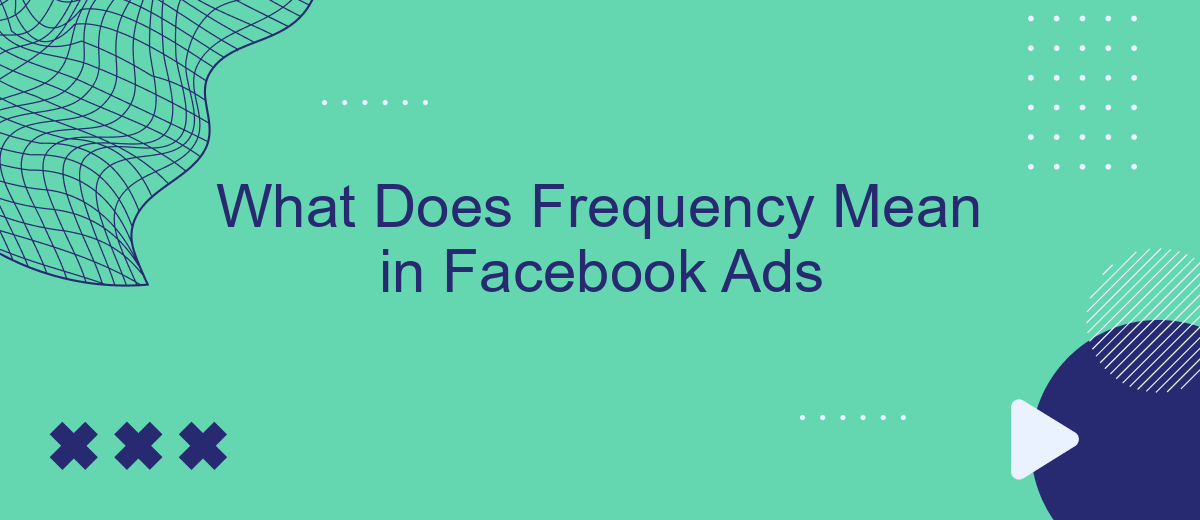Frequency in Facebook Ads refers to the average number of times an individual sees your advertisement during a specific campaign period. Understanding this metric is crucial for optimizing your ad strategy, as it helps balance reach and engagement. Too high a frequency can lead to ad fatigue, while too low a frequency may not effectively reinforce your message.
What is Frequency?
Frequency in Facebook Ads refers to the average number of times a single user sees your advertisement within a given time period. This metric is crucial for understanding how often your target audience is exposed to your ad content, which can significantly impact the effectiveness of your campaign.
- High Frequency: Indicates that the same users are seeing your ads multiple times, which can lead to ad fatigue and decreased engagement.
- Low Frequency: Suggests that your ads are reaching a broader audience, but individual users are seeing them less often.
- Optimal Frequency: Balances between high and low, ensuring that your ad stays fresh in the audience’s mind without causing annoyance.
Managing frequency is essential for maximizing ad performance and budget efficiency. Tools like SaveMyLeads can help by automating the integration of your Facebook Ads data with other platforms, providing you with real-time insights and adjustments to optimize your ad frequency.
Benefits of Frequency Capping

Frequency capping is a crucial strategy in Facebook Ads that ensures your audience doesn't see your ad too many times. This helps in preventing ad fatigue, where users become tired of seeing the same ad repeatedly, leading to diminishing returns. By limiting the number of times an ad is shown to the same user, you can maintain a positive brand perception and keep your audience engaged. This is especially important in maintaining high click-through rates (CTR) and conversion rates, as overexposure can lead to decreased interest and interaction with your ads.
Moreover, frequency capping can also help in optimizing your advertising budget. By avoiding overexposure, you can allocate your budget more efficiently, reaching a broader audience without wasting impressions on the same users. Tools like SaveMyLeads can assist in setting up these integrations seamlessly, ensuring that your frequency capping settings are applied consistently across all campaigns. This not only enhances the performance of your ads but also provides valuable insights into audience behavior, helping you refine your targeting and messaging strategies.
How to Set Frequency Caps in Facebook Ads

Setting frequency caps in Facebook Ads is essential to ensure your audience isn't overwhelmed by your ads. By limiting the number of times your ads are shown to the same user, you can prevent ad fatigue and improve the overall effectiveness of your campaigns. Here’s how you can set frequency caps in Facebook Ads:
- Log in to your Facebook Ads Manager and select the campaign you want to manage.
- Navigate to the "Ad Set" level and click on "Edit."
- Scroll down to the "Optimization & Delivery" section.
- Under "Frequency Cap," set the desired limit for how often your ad will be shown to the same user within a specific time frame.
- Save your changes and monitor the performance to ensure your frequency cap is effective.
To further optimize your ad campaigns, consider using integration services like SaveMyLeads. This tool can automate the process of syncing your leads from Facebook Ads to your CRM, ensuring you can focus on analyzing and adjusting your frequency caps for maximum impact.
Best Practices for Frequency Capping

Frequency capping is a crucial aspect of managing your Facebook ad campaigns effectively. It helps you control how often your ads are shown to the same user, preventing ad fatigue and ensuring a positive user experience. By setting appropriate frequency caps, you can optimize your ad spend and improve campaign performance.
To implement frequency capping best practices, start by analyzing your target audience and campaign goals. Different types of campaigns may require different frequency limits. For instance, awareness campaigns might benefit from higher frequency caps, while conversion-focused campaigns may need stricter limits.
- Monitor ad performance regularly to identify the optimal frequency cap for your audience.
- Use A/B testing to experiment with different frequency caps and measure their impact on key metrics.
- Leverage tools like SaveMyLeads to automate and streamline your frequency capping settings across various campaigns.
- Adjust frequency caps based on the lifecycle stage of your campaign to maintain engagement and avoid ad fatigue.
By following these best practices, you can ensure your Facebook ads remain effective and relevant to your audience. Proper frequency capping not only enhances user experience but also maximizes your return on investment by making every ad impression count.
Measuring the Impact of Frequency Capping
Frequency capping is a crucial aspect of Facebook Ads that helps in controlling the number of times an ad is shown to the same user. By setting a frequency cap, advertisers can avoid ad fatigue, where users become annoyed or indifferent to ads they see too often. This not only helps in maintaining a positive user experience but also ensures that the ad budget is spent more efficiently, targeting a broader audience rather than oversaturating the same users.
Measuring the impact of frequency capping involves analyzing key performance indicators (KPIs) such as click-through rates (CTR), conversion rates, and return on ad spend (ROAS). Tools like SaveMyLeads can assist in this process by seamlessly integrating with Facebook Ads to automate data collection and analysis. This allows advertisers to make informed decisions on adjusting their frequency caps to optimize campaign performance. By leveraging such integrations, businesses can ensure their ads reach the right audience the optimal number of times, maximizing both engagement and ROI.
FAQ
What does frequency mean in Facebook Ads?
Why is frequency important in Facebook Ads?
How can I manage ad frequency on Facebook?
What is a good frequency for Facebook Ads?
Can I automate the management of ad frequency in Facebook Ads?
Would you like your employees to receive real-time data on new Facebook leads, and automatically send a welcome email or SMS to users who have responded to your social media ad? All this and more can be implemented using the SaveMyLeads system. Connect the necessary services to your Facebook advertising account and automate data transfer and routine work. Let your employees focus on what really matters, rather than wasting time manually transferring data or sending out template emails.
